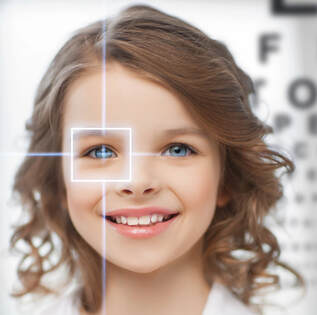|
As you age, you may notice certain changes in your eyes or vision. For example, your eyes may not adjust as well to the dark, which can affect your night vision. You may also notice a slight increase in difficulty reading and focusing on close objects.
Certain vision and eye changes occur as part of normal aging. Additionally, as you age, you may be at an increased risk of certain eye issues and conditions. Below are six conditions that occur more commonly as you age. |
Eye floaters
Floaters may look like:
- Diffuse spots
- Threads
- Squiggly lines
- Dark spots
Floaters typically come and go and are generally not a cause for concern. However, if you notice a sudden increase in floaters, it’s essential to consult an eye specialist.
Dry eyes
This is more common as you get older due to hormonal changes and a decrease in tear production. Dry eyes can also occur as a result of other medical conditions and as a side effect of certain medications.
Symptoms include:
- Redness
- Blurred vision
- Pain
- Light sensitivity
Cataracts
- Cloudy vision
- Problems seeing at night
- Colors look faded
- Seeing a halo around light
Age-related macular degeneration
According to the American Academy of Ophthalmology, age-related macular degeneration is one of the leading causes of vision loss in adults over the age of 50.
Symptoms of age-related macular degeneration may not occur in the early stages but may later include the following:
- Central vision that becomes blurred
- Problems recognizing faces
- Dark or blank spots in the center vision
Diabetic retinopathy
Symptoms may include:
- Blurred vision
- Poor night vision
- Impaired colored vision
- Eye floaters
Glaucoma
- Loss of peripheral vision
- Eye pain
- Blurred vision
What can you do to reduce your risk?
- Not smoking
- Getting regular exercise
- Managing chronic diseases such as diabetes and high blood pressure
- Wearing protective eyewear as needed to reduce eye injuries
- Getting plenty of sleep
- Eating a well-balanced diet with plenty of fresh vegetables, fruit, and omega-3 fatty acids
- Wearing sunglasses
- Getting regular eye exams
Being aware of potential eye problems as you age can help you spot problems early. In some cases, early diagnosis can help preserve vision. If you would like to ask whether an appointment with one of our eye doctors would be appropriate at this time, call our office at 508-746-8600.











